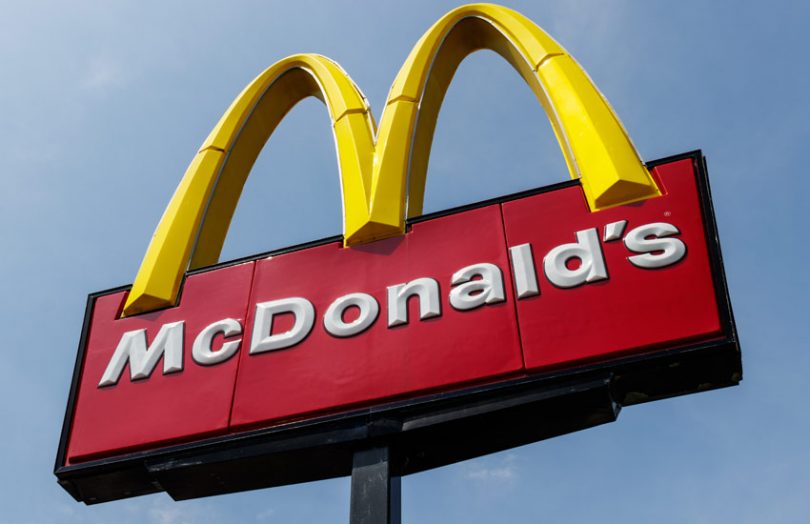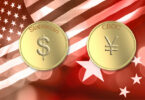McDonald’s Chinese division launched a non-fungible token (NFT) to celebrate the 31st anniversary of the brand’s expansion into China and the opening of a new headquarters building in Shanghai. In total, 188 copies were minted to be awarded between consumers and employees.
NFTs began making headline news at the start of the year with the development of Dapper’s NBA Top Shot. The trend continued to progress, especially in the sports collectibles cards industry and digital art space with Beeple’s $69 million sale at Christie’s.
Still, until recently at least, NFTs attracted mainly a niche audience of people who appreciate blockchain technology and the abstract value in owning immutable data. While this audience has contributed significantly to the multi-billion dollar industry-wide sales growth over the last months, it is not big enough to make NFTs mainstream.
But trends have begun shifting recently. Popular brands that are not typically associated with crypto technology are entering the NFT space and making use of the digital assets beyond traditional digital auctions or games. This is exposing the technology to the brands’ consumer base and contributing to the normalization of NFT-based products in day-to-day operations as well as to making them more popular outside of the blockchain audience.
With the launch of the reward NFT, McDonald’s has just become one of those brands. The company is showcasing the use of the digital assets as a reward in a promotional campaign instead of being the end product. NFTs are being used in this project as an added souvenir, which is ideal for introducing a new product to an audience that is not familiar with it, especially considering there are minimal costs of production.
“McDonald’s is a young and trendy brand that always pays attention to fashion trends and cutting-edge technology,” said Zhang Jiayin, CEO of McDonald’s China. “I am very happy that McDonald’s has become the first domestic catering brand to release an NFT.”
Other popular brands that have launched NFT-based campaigns include Coca-Cola, which launched 3D in-game assets, likely attracting a more traditional NFT and enthusiastic gaming audience. PepsiCo’s Lay’s launched a marketing campaign in Romania as part of its “Smile with Lay’s” project. And Clinique is also using NFTs as rewards for joining an exclusive client email list and promoting the campaign on social media.






